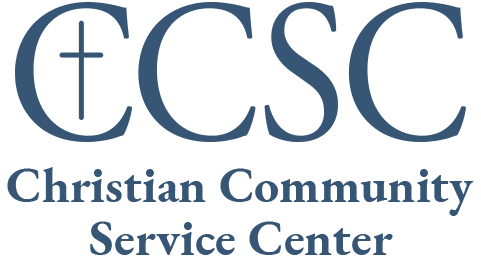A few months ago, I spoke to a group of people giving a CCSC talk, outlining our mission and programs. Near the end, I opened it up for questions. Several people asked variations of the same question: how do we qualify people for help?
I receive this question often, and it’s usually about wanting to ensure we are good stewards of the resources donated to us. In other words, do we have a system in place to ensure the people we help are truly in need, and do we apply those policies fairly and consistently? These are good, fair questions that I’m comfortable answering.
However, it was clear that this group came from a perspective of assuming people in need disproportionately cheat the system. The questions became more and more targeted and negative.
My point in writing about this incident is not to discuss how I handled this situation. Instead it's to clarify that low income people are just like other groups of people: not identical clones, but unique individuals with their own personalities, stories and history.
Some are Type A, some are laid back, some are angry, some are humble, some are depressed, some take short-cuts, some are workaholics, etc… Because all systems are comprised of people, you will always have some who follow the system and some who try to get around it. In this regard, the poor are no different than any other group of people.
At CCSC, we do our very best to ensure the people we help are in need and match our goals and objectives. When we’re not sure, we err on the side of grace. When we say “no”, we say it with kindness. In all matters, we work hard to be fair.
